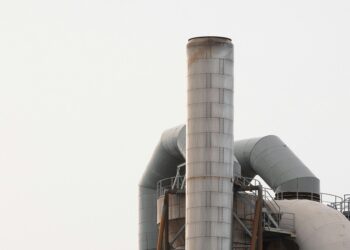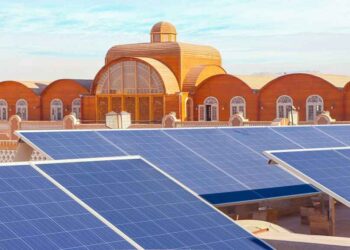Ukraine has assured that Russian gas supply to Europe will continue without any disruption even though the country has stopped gas import from Russia.
European Union-mediated talks in Vienna on supplies of Russian gas to Ukraine had collapsed as the energy officials from the two countries failed to agree on a pricing plan for the third quarter.
The European Commission will, however, continue with its negotiation efforts till an agreement is finalised.
European Commission vice-president Å efcovic said on Tuesday: “Today’s trilateral consultation has again shown that all parties agree on the principles needed to ensure stable and smooth gas deliveries to Ukraine and transit to the EU.
“The translation of these principles into a jointly agreed final framework requires further work.
“We have agreed that the Commission will put forward ideas to prepare next steps so that the next consultation could take place. We will use the summer to start preparing the next winter season.”
Ukrainian state energy firm Naftogaz said the country will not purchase gas from Russia till they agree on new terms.
Russian Gazprom has refused to supply natural gas to Ukraine till it receives upfront cash for it.
Ukraine wants better terms for the supply, while Gazprom had kept the prices intact as in the second quarter at $247 per 1,000m3 with a discount of around $40 per 1,000m3.
The disagreement is significantly dependent on Gazprom’s take-or-pay clause which requires Ukraine to purchase certain amount of gas irrespective of its needs.
Ukraine’s position along the transit route is however important since nearly 50% of the Russian gas exports to the EU is supported by the pipeline.
EU had been prompted to mediate between the countries since the region relies on Russia for around one third of its energy.
Issues over the gas pricing started after Russia seized the Crimea region of Ukraine in March 2014 and cut off gas supplies to the Ukrainian capital in June 2014.
Meanwhile, Ukraine is likely to meet its energy requirements with reverse gas flows from Europe.
EU has sufficient capacity to supply the extra seven billion cubic metres (bcm) of gas required by the country within October to raise its storage levels up to 19 bcm for winter.

















































